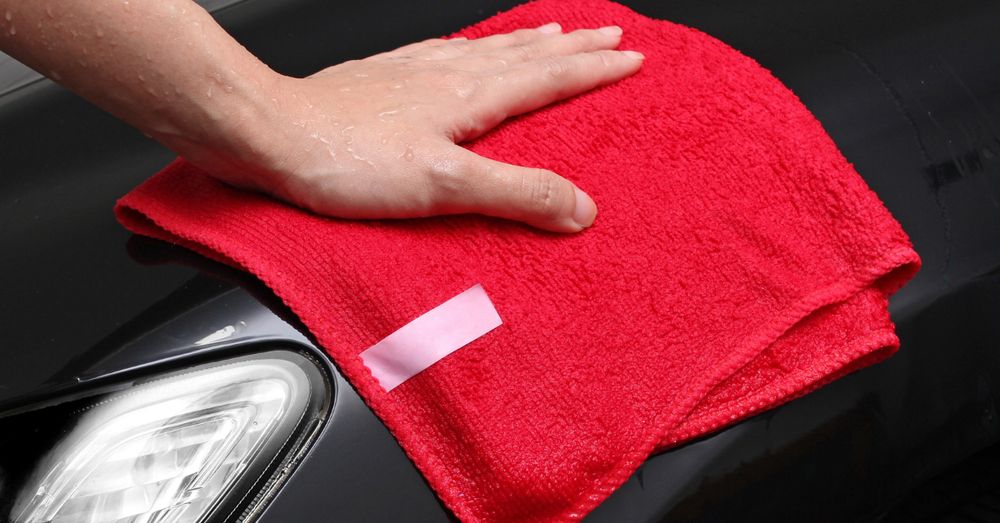
Risks of Importing Vehicles or Machinery from China & Korea
4-minute read
Advice to shippers, exporters and importers of new and used vehicles and machinery from China and Korea.
At this stage, New Zealand does not have specific Brown Marmorated Stink Bug (BMSB) measures in place for vehicles and machinery from China and Korea. However, MPI is currently monitoring vessels reporting detections of BMSB and other regulated pests that are carrying vehicles and machinery from China and Korea.
MPI would like to remind exporters and importers that the Import Health Standard for Vehicles, Machinery and Equipment (“the Standard”) requires all vehicles, machinery and equipment to be clean internally and externally and be free of regulated pests before being imported into New Zealand.
This includes being free of regulated pests such as BMSB from all countries, including China and Korea.
MPI is also aware that some shipping lines are only loading cargos with evidence that they are as free as possible of BMSB to ensure that they will not encounter significant delays or be denied a discharge in New Zealand.
While MPI has not regulated this pathway at this stage, any actions taken to reduce the likelihood of contamination (whether regulated or voluntary) helps to ensure vehicles and machinery arrive in a compliant state. MPI is supportive of this approach to ensure vehicles and machinery are free of contamination before loading.
Since the beginning of the 2018/2019 BMSB risk season (1 September – 30 April), MPI has been closely monitoring all known and potential pathways that BMSB, other stink bugs and regulated pests, may be present on. As with most regulated pests, the risk is constantly evolving.
Given the detections of BMSB on vehicles and machinery from China and Korea MPI is recommending vehicle and machinery exporters take a proactive approach to reduce the likelihood of BMSB in vehicles and machinery.
MPI recommends that exporters consider the following:
- Alert all those that work with vehicles and machinery for export to look for biosecurity contamination (including BMSB, other stink bugs and regulated pests) and what that may look like.
- Closely monitor for the presence of BMSB (other stink bugs and regulated pests) in and around your facilities (particularly outdoor vehicle and machinery storage areas).
- Use pest controls to reduce any potential presence of BMSB (other stink bugs and regulated pests) around or in your facility.
- Inspect vehicles regularly and in particular, on the day of loading. If contaminated, treat before shipping. Do not ship contaminated vehicles without appropriate treatment.
- Where possible store vehicles and machinery indoors after inspection.
- If your vehicles may be contaminated consider treatment with an MPI approved treatment, if you are unsure its best to treat before shipping.

Current Border Actions
MPI risk assesses every vessel that arrives in New Zealand and this forms the basis for any border actions. Each case of non-compliance is assessed individually, and any border actions are the minimum needed to manage the risk of that case.
Should live BMSB or other regulated pests be detected on board an arriving vessel, MPI will further investigate the risk the detection presents before implementing appropriate border actions.
While MPI cannot provide generic border actions for the detection of BMSB (other stink bugs or regulated pests), there are limited border actions available to manage the risk of BMSB on large cargo vessels, these include but are not limited to:
- Partial discharge (if there are sealed decks and this is dependent on the location of the live regulated pest).
- MPI monitored and managed systematic discharge (to ensure only low risk or non-contaminated cargos are discharged).
- Denial to discharge some or all of the cargo.
MPI will continue to closely monitor for the presence of regulated pests, particularly BMSB, on vessels carrying break bulk vehicles and machinery from China and Korea.
At the close of the 2018/2019 BMSB risk season, MPI will review its risk mitigation measures for BMSB and adjust them to appropriately manage any change in risk of BMSB on vehicles and machinery from China and Korea.
Should there be sufficient change in risk or presence of BMSB or other regulated pests associated with vehicles and machinery from China and Korea during the 2018/2019 BMSB risk season, MPI will implement urgent changes to importation requirements of the standard in order to appropriately manage this risk.
The peak finds in the past have been at the end of December through to February which required urgent measures to be applied at short notice. Please note that MPI is working closely with the Australian Department of Agriculture and Water Resources.
MPI appreciates the potential difficulties and uncertainty the industry faces as a result of the recent events. While MPI is currently not in the position to provide any further certainty, MPI will provide as much advice and guidance as possible to the vehicle and machinery industry from China and Korea and shipping lines.
MPI will update the industry of any changes in risk or importation procedures as they come to hand.
P.S. We’d love to answer any of your questions! Contact us now. Do you know of other people that will find this article useful? Please share it on social media. Thank you!
